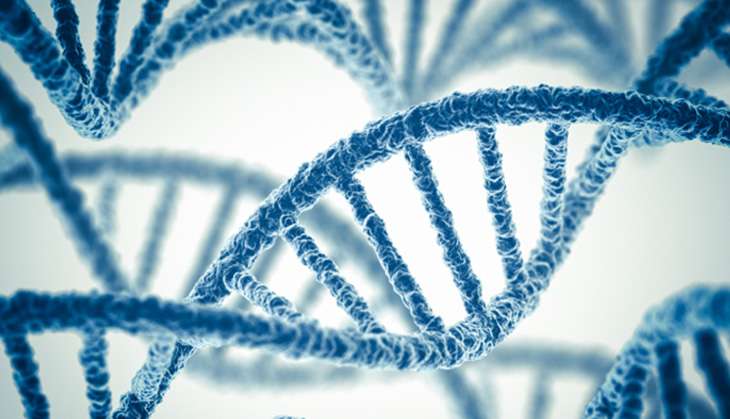One of the leading cause of death in the United States is sudden cardiac arrest. Nine out of 10 people that experience it will die from it. But, with the introduction of genetic testing, many of these cases can be detected early and mortality rates will rise significantly. One such rare genetic disease this testing could help with is called Long QT Syndrome (LQTS). Since it was discovered, this particular disease is said to be responsible for many previously unexplained deaths.
Because LQTS is caused by a single gene mutation its categorized as a monogenic disease. Other diseases in this class include hemophilia, cystic fibrosis, and Tay-Sachs. While some of these other diseases, such as hemophilia are treatable, it’s usually an expensive process. Also, there are a lot of different genetic diseases around affecting more than 30 million people in the US alone (that’s around 1 in 10 people).
One of the biggest concerns for many patient’s suffering with this rare genetic disease is the chance that they could pass it on to their unborn children. With odds for some people 50 percent or higher of passing on the gene, it’s an intense decision to come to about whether to try or not and often comes down to morals and what people truly believe in. On the other hand, IVF can be used as an alternative in some cases, but unfortunately, is an expensive process that doesn’t always work.
The best, most efficient way to wipe out any disease once and for all is by a treat-and-prevent approach. Vaccines are great in protecting us against various diseases throughout the world. In the last decade, according to the Gates Foundation, the lives of 122 million children have been saved by vaccinations. Prevention is the key to eradicating any illness and makes sense on both a medical and economic level. Why pay thousands of dollars for extensive surgery when a $50 vaccine could prevent the need for any of that to happen? Slowly but surely more people are coming on board with the idea of using genetic testing to prevent disease, but is it quick enough?
Article Via WIRED / Author Lee Cooper (@leecoo4) works in corporate development for a private biotech company in Cambridge, Massachusetts.
More News to Read
- A New Large Hadron Collider Discovery Adds Strangeness to the Already Strange
- Tesla Passed BMW in Market Value
- Hack Your Genes for Weight Loss and Anti-Aging.
- Scientists Discover Way to Repair Broken DNA
- How Worried Should We Be About the Rate of Artificial Intelligence Advancement?











